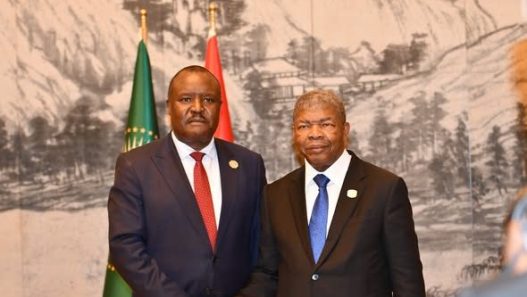Parliament House, Accra – June 9, 2025
The Minority Caucus in Ghana’s Parliament is demanding the immediate withdrawal of the newly proposed GH₵1 Energy Sector Levy, describing it as a betrayal of public trust and a sharp deviation from the governing National Democratic Congress (NDC)’s campaign promises.
Addressing a press conference in Parliament on Monday, the Ranking Member on the Energy Committee, Hon. George Kwame Aboagye, criticized the government for smuggling the bill into Parliament without broad consultation and attempting to pass it under the cover of darkness.
“This is hypocrisy of the highest order. This is a betrayal of the public trust. This is an act which takes the goodwill of Ghanaians for granted,” Hon. Aboagye declared. “The government is operating with the mindset that it has so much goodwill so it can do anything and get away with it.”
He referenced a statement made by current Finance Minister Dr. Cassiel Ato Forson during his time in opposition, in which he vowed not to impose taxes to pay for inefficiencies in the energy sector—a position now contradicted by the government’s actions.
Conflicting Justifications Add to Confusion
The Minority also expressed concern over inconsistencies in official communication regarding the purpose of the levy. While President John Mahama, speaking at the Africa CEO Summit in Abidjan, indicated that the funds would be used to clear arrears, Energy Minister John Jinapor reportedly stated that the levy would be used to procure liquid fuels for power generation.
“This double-speak confirms the lack of transparency and strategic planning behind the levy,” Hon. Aboagye asserted.
Levy to Hit Ghanaians Harder Than E-Levy – Oppong Nkrumah
Adding his voice, Ranking Member on the Economy and Development Committee, Kojo Oppong Nkrumah, said the new 8% levy per transaction is more punitive than the now-repealed Electronic Transaction Levy (E-Levy).
“While the E-Levy had a limited cascading effect, the Energy Sector Levy has a total cascading effect. It will increase the cost of transportation and consequently the prices of all goods—food, clothes, everything,” he explained.
Minority Proposes Alternatives
In place of the levy, the Minority proposed a three-pronged strategy to sustainably address energy sector debts:
- Renegotiate Power Purchase Agreements (PPAs): The government should conclude renegotiations of existing PPAs to integrate fuel and capacity charges into tariff structures and eliminate off-book debts driven by ‘take-or-pay’ clauses in contracts signed between 2013 and 2016.
- Improve Efficiency in GRIDCo and ECG: Prioritize reducing transmission, distribution, and technical losses in the power supply chain.
- Expand Renewable Energy Sources: Adopt the New Patriotic Party’s (NPP) strategy of boosting solar energy production, aiming to add 2,000 megawatts to the national energy mix as outlined in the party’s 2024 manifesto.
The Minority warned that the levy, if implemented, would impose additional burdens on already struggling Ghanaians and further erode the credibility of the current government. They reiterated their commitment to opposing what they describe as an unfair, deceptive, and economically regressive policy.
Source: Clement Akoloh||parliamentnews360.com
